All results

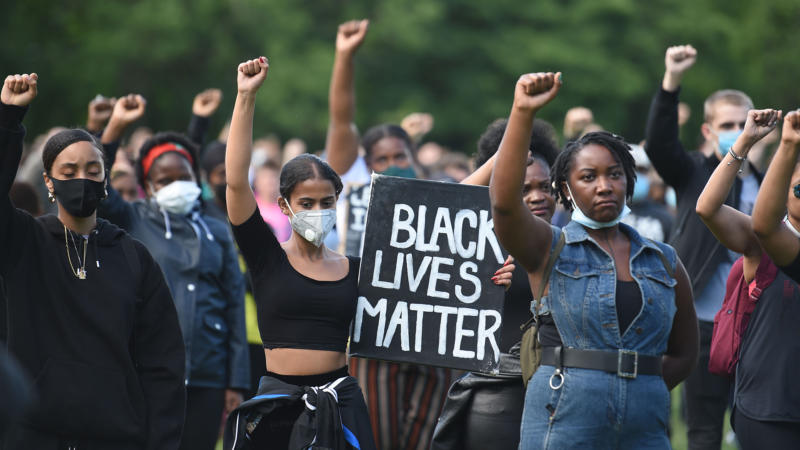
Nearly two-thirds of U.S. consumers surveyed in a new report said they feel like brands have done little to nothing to follow through on the anti-racism pledges they made last summer. Big name brands like Snapchat, adidas, Yelp, and PepsiCo made promises to improve their diversity and inclusion efforts following protests due to the murder of George Floyd. A year later and 34 percent of consumers said brands had done little to tackle their internal racial problems, while 27 percent of consumers believe they have done even less than that. “ Black Lives Matter protests in 2020 were, by volume, the largest demonstrations in American history. As a result, they have had a serious lasting effect on both the national conversation around race, as well as the responsibility of businesses to do their part in tackling racism,” GWI Trends Analyst Doug Gorman said in a press release. “Now more than ever, consumers are actually holding brands accountable for their Corporate Social Responsibility...

N-I-G-G-E-R — t he letters flowed down my chat like a waterfall of hate. My heart fell to the bottom of my stomach. I had only been streaming for a few months when this incident happened. A random person took time out of their day to hit me with a racial slur, with the sole intent of ruining my day. It was just another reminder that as a Black person, not even video games are a safe space. Unfortunately, this is all too common in the world of video game streaming. Black people in the Average Gamer Community have endured relentless, unwarranted disrespect for years. I was playing Overwatch and tried to make effective call outs to help my team win the match. Someone on my team proceeded to imitate my voice, then called me a “ghetto, broke nigger who sucks at the game.” In this arena, your audience is largely watching your stream to see how you react to the game. That’s why it’s essential for streamers to show their face via webcam if they hope to grow their following. As video game...
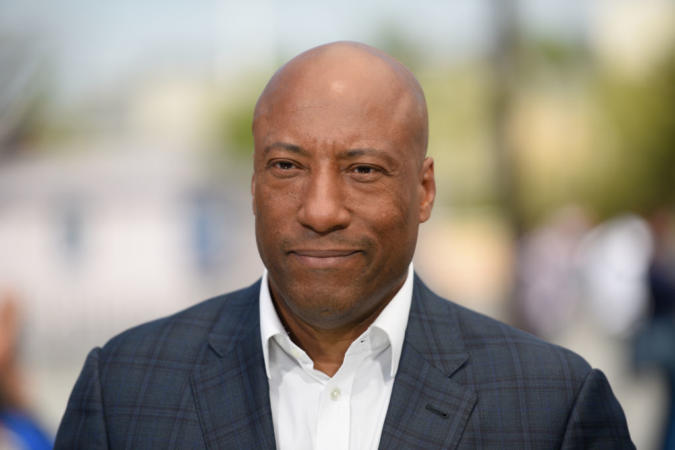
Mary Barra, the CEO of General Motors (GM), is under fire after the leaders of several Black-owned media companies accused her of racism for refusing to meet with them. The leaders blasted Barra in a full page advertisement in the Detroit Free Press on Sunday, the outlet reported, which included an open letter that said she has refused to meet with them “consistently, over time and after multiple requests.” The ad was signed by the heads of seven Black-owned media companies, including Ice Cube, founder of Cubevision; Byron Allen, head of Allen Media Group; and former NBA player Ulysses Bridgeman, owner of Ebony and Jet magazines. The leaders originally demanded an hour-long Zoom meeting with Barra and GM executives in the ad and asked that GM allocate at least 5 percent of its ad budget to Black-owned media companies. The group said they would like to see Barra’s resignation if these demands weren’t met. “You stand on stage, after the death of George Floyd, saying, ‘Black Lives...
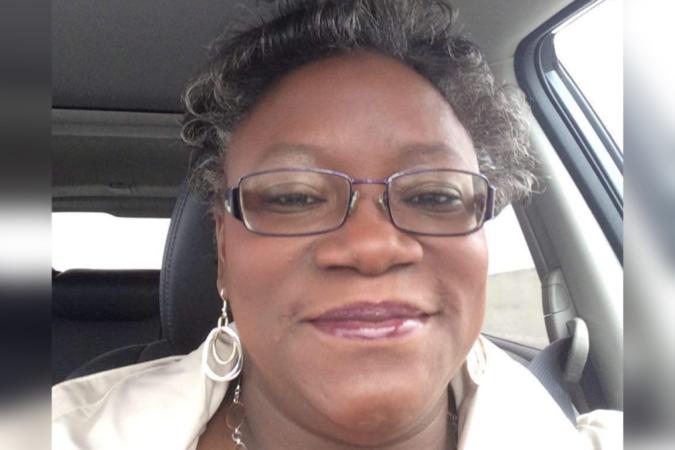
There’s a long, storied history of Black people, especially Black women, being mistreated by doctors and hospital staff while in their care. This issue of racial bias has been a factor in many deaths of Black people — including most recently Dr. Susan Moore. Dr. Moore passed away on Dec. 20 at 52-years-old as a result of COVID-19 complications, but according to her documented complaints, her death could’ve been prevented. Prior to her passing, Dr. Moore posted a nearly eight-minute video on Facebook detailing her accounts of inadequate treatment from white medical staff at Indiana University Health, where she was being treated as a patient for COVID-19 symptoms and pain management. This is Dr. Susan Moore. She posted a FB video reporting denial of adequate treatment for COVID-19 and pain management by white medical staff at @IU_Health and pleading for help. She was discharged. After readmission to a different hospital, she died. https://t.co/PnZOwG3bA5 pic.twitter.com/C66WQPNJtP —...
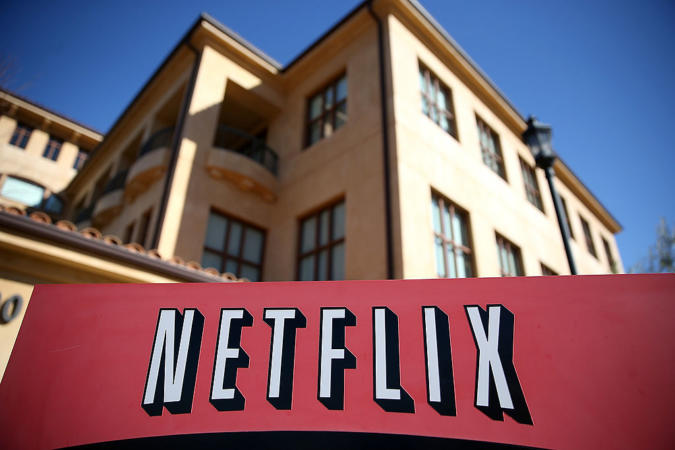
Back in June, Netflix announced it was committing $100 million to build up Black-led financial institutions. Now the streaming giant is switching gears to invest in ending racism in housing. Real Estate Weekly reports that Netflix is pledging $25 million to Enterprise Community Partners — the nonprofit founded by developer James Wilson Rouse in the 80s to build and finance affordable homes — and its Equitable Path Forward program to support its national effort to combat systemic racism in the housing industry. According to Enterprise Community Partners, the multi-pronged initiative plans to establish an equitable path forward for BIPOC and other historically marginalized housing providers by “filling the gaping capital gap from decades of systemic racism; strengthening providers through advisory services and other support; and creating new career pathways to diversify leadership in real estate.” “Our vision is nothing short of dismantling the legacy of racism in housing,” said...

Amid the Virginia Military Institute’s (VMI) fierce probe of racism in its ranks, last week VMI officials announced the interim appointment of Retired Army Maj. Gen. Cedric T. Wins, the first Black leader to serve in its 181-year history, The Washington Post reports . Maj. Gen. Wins — the 57-year-old two-star general — will serve as interim superintendent until the board can appoint a permanent chief to run the nation’s oldest state-funded military college in Lexington City, Virginia, BET shares . Gov. Ralph Northam ordered an independent investigation on the Virginia Military Institute after several Black cadets stepped down over racial bias for what Northam and other officials describe as “the clear and appalling culture of ongoing structural racism,” according to The Washington Post . Amid the investigation, Maj. Gen. Wins is expected to take over for the school’s longtime superintendent, retired Gen. J.H. Binford Peay III, who resigned from his position following those reports...
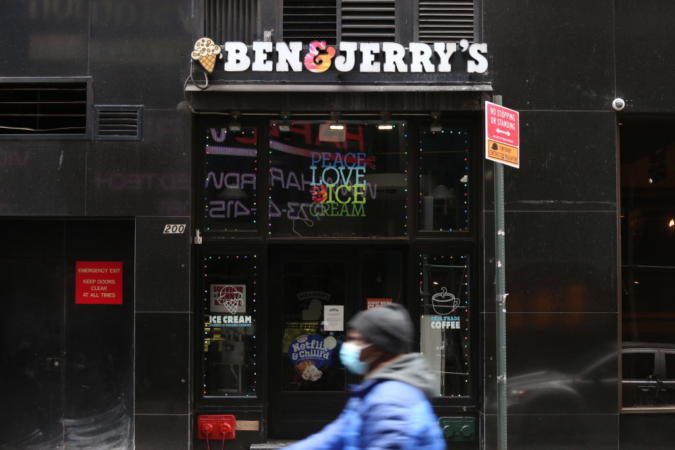
Ice cream company — Ben & Jerry’s — has been extremely vocal in regards to calling out racism and violence in America during the aftermath of George Floyd’s death. After issuing a bold and detailed statement to dismantle white supremacy in America back in June, Ben & Jerry’s quickly earned a reputation of being a valued advocate for change in underserved communities across the U.S. Now they’re taking their actions a step further. In the fight for racial equality, the company has launched a podcast called “Who We Are: A Chronicle of Racism in America” — based on Jeffery Robinson’s acclaimed presentation of the same name. They plan to uncover the lesser-known history of racial injustice in America, according to Refinery29 . View this post on Instagram A post shared by Ben & Jerry's (@benandjerrys) According to the captioned Instagram post, the new podcast will be hosted by Carvell Wallace and ACLU legal expert Jeffery Robinson in partnership with Vox Media and The Who We Are Project,...
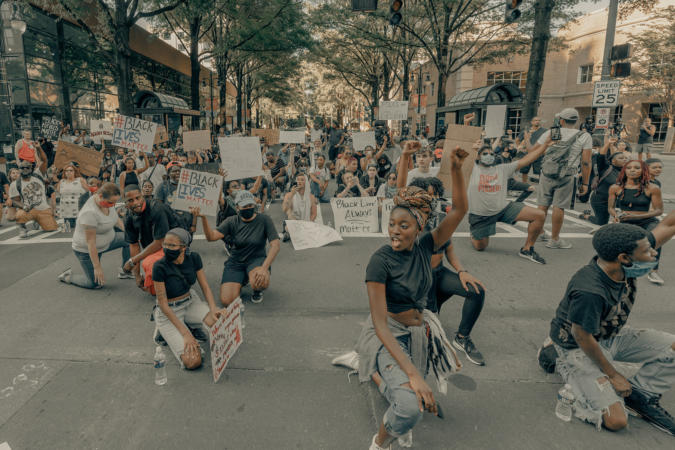
In response to protests for racial justice, venture firms are racing to support the Black community. 645 Ventures , a leading early-stage venture capital firm, released a detailed statement outlining their long-term plan to combat systemic racism. “After taking time to reflect on our own personal experiences with racial injustice…we developed and initiated a plan for how our organization will respond,” wrote co-founders Aaron Holiday and Nnamdi Okike, and CFO Abe Spence. “We have listened to and spoken with leaders in the black community, our LPs, and our advisors and mentors, all of whom have provided valuable input and perspective.” Subsequently, the Black-led and diverse VC firm — whose portfolio includes Squire , AptDeco, and expense management software Abacus, among others — will meet their new commitment through three key initiatives. First, 645 Ventures pledges to support organizations directly and on an ongoing basis, starting with the Center for Policing Equity (CPE) . They...
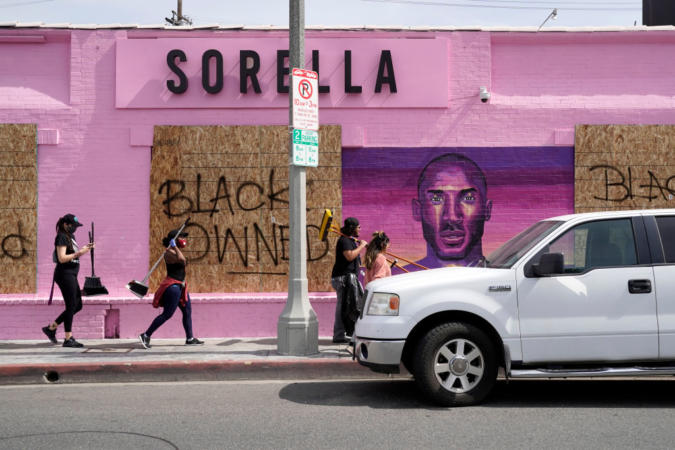
As we’re approaching nearly week three of public protests against racism and police violence in America, companies are searching for ways they can show their support for the Black community. The racial divide amongst Americans in our institutions is more clear than it’s ever been and people are demanding to know what brands and companies are doing to take action during this time. According to Tech Crunch , these public outcries for change leave out Silicon Valley’s role in how they can help combat systematic racism in the tech industry. Tech Inclusion stated , “the great promise of inclusion in tech is that companies will benefit from a more innovative workforce and the competitive advantages that come with it.” Notorious for their lack of diversity, big-name tech companies are scrambling to offer support beyond donations and public statements. What’s needed is structural change and with the right plan of action, Silicon Valley has the power to help diversify the industry by taking...

Social media has been a game-changer for many influencers, especially as platforms like TikTok and Instagram see a major surge in users. The internet has become a place for people in the creative industry to make a name for themselves, but for Black influencers, they still struggle against the gatekeepers of advertising who are responsible for paying these creatives for their work. Ethnicity pay gaps aren’t a new notion, but more recently, Black influencers and people of color have pushed back against the industry to call out their racist and sexist ways. In addition to the ethnicity pay gap, Black influencers are even being stripped away from their credits for creating trends that are ultimately stolen by their white counterparts to benefit from. TikTok was recently accused of trying to create an “aspirational air” for their platform by allegedly configuring the app to hide content from people who appeared to be “ugly, poor or disabled users,” according to the Guardian. While it is...

A former Moschino USA employee is suing the luxury clothing brand claiming the West Hollywood store discriminated against Black customers. Shamael Lataillade says her supervisor called black customers “Serenas” and instructed employees to follow them in the store if they did not appear “wealthy,” even sometimes documenting license plates, TMZ reports. She also told TMZ that her manager once called the police, accusing a Black customer of stealing. According to TMZ: “Shamael claims the supervisor told employees to tell “Serenas” they were out of stock on many items—and even called cops once to report a suspicious black customer. She says the guy turned out to be a high-profile rapper.” Lataillade, a Black, Haitian-American woman, also claims her supervisor discriminated against her and mocked her as someone who practices “voodoo.” TMZ also reports Lataillade was let go for speaking out about the racism at her workplace. Moschino USA denies the allegations.